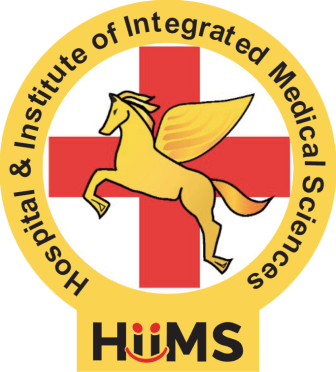Obesity, means having too much body fat, which can lead to serious health issues. It can cause diseases like diabetes, heart problems, high blood pressure, and even some types of cancer. This condition is not simple; it involves many different factors such as inherited factors, the environment, personal diet, and choices of exercise. Understanding the causes of obesity can help us find better ways to prevent and treat it.

Obesity Causes
- Certain medications: Medications you take to treat other conditions can lead to obesity. These medications include antidepressants, steroids, anti-seizure medications, and diabetes medications.
- Disability: People of all ages with physical and learning disabilities are more likely to become obese. Having physical challenges and not getting the right education or support can make this worse.
- Eating habits: Eating more calories than your body needs, eating processed food, high-sugar foods and drinks, and foods with saturated fat may lead to being overweight.
- Lack of physical activity: Spending too much time watching TV, playing video games, or spending time on your mobile phone or laptop — cuts into the time you have for physical activity.
- Lack of sleep: Lack of sleep can affect the hormones that keep hunger urges under control.
- Stress: Your brain reacts to stress by making more hormones such as cortisol that manage hunger. People who are stressed, are more likely to eat high-fat, high-sugar food that their body stores as extra fat.
- Underlying health issues: Diseases such as metabolic syndrome and polycystic ovary syndrome may lead to side effects like weight gain.
Symptoms of obesity
- Breathlessness
- Snoring
- Often feeling fatigued
- Low confidence and self-esteem
- Increased sweating
- Difficulty doing physical activity
- Joint and back pain
- Feeling isolated


Risk Factors
- Cardiovascular diseases: People who have obesity increase their risk for cardiovascular diseases such as coronary artery disease, congestive heart failure, heart attack, and stroke.
- Fatty liver disease: When your liver begins storing excess fat, it can cause chronic liver inflammation and long-term liver damage.
- Gallstones: Higher blood cholesterol levels can lead to cholesterol accumulating in the gallbladder, raising the risk of cholesterol gallstones and gallbladder diseases.
- Kidney disease: High blood pressure, diabetes, and liver disease are the most common factors to contribute chronic kidney disease.
- Type 2 diabetes: Having obesity increases explicitly the chance of Type 2 diabetes.
